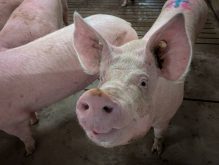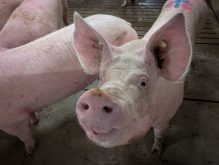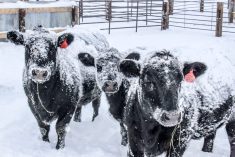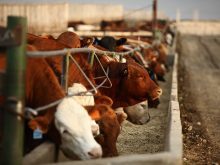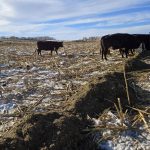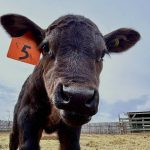Canada is one step closer to a compartmentalizing regime that hog farmers and the rest of the industry hope protects them against market impacts of African swine fever.
Practical application can be developed now that the Canadian Food Inspection Agency has released its National Standards and National Framework for the Canadian ASF Compartment Program.
From here, the Canadian Pork Council can develop the Compartment Operator Program, which is designed to segment different hog production and flows within regions that have an ASF outbreak. If specific hog populations can be put into boxes and kept separate, the CFIA and industry hope to see less severe market lockdowns.
Read Also
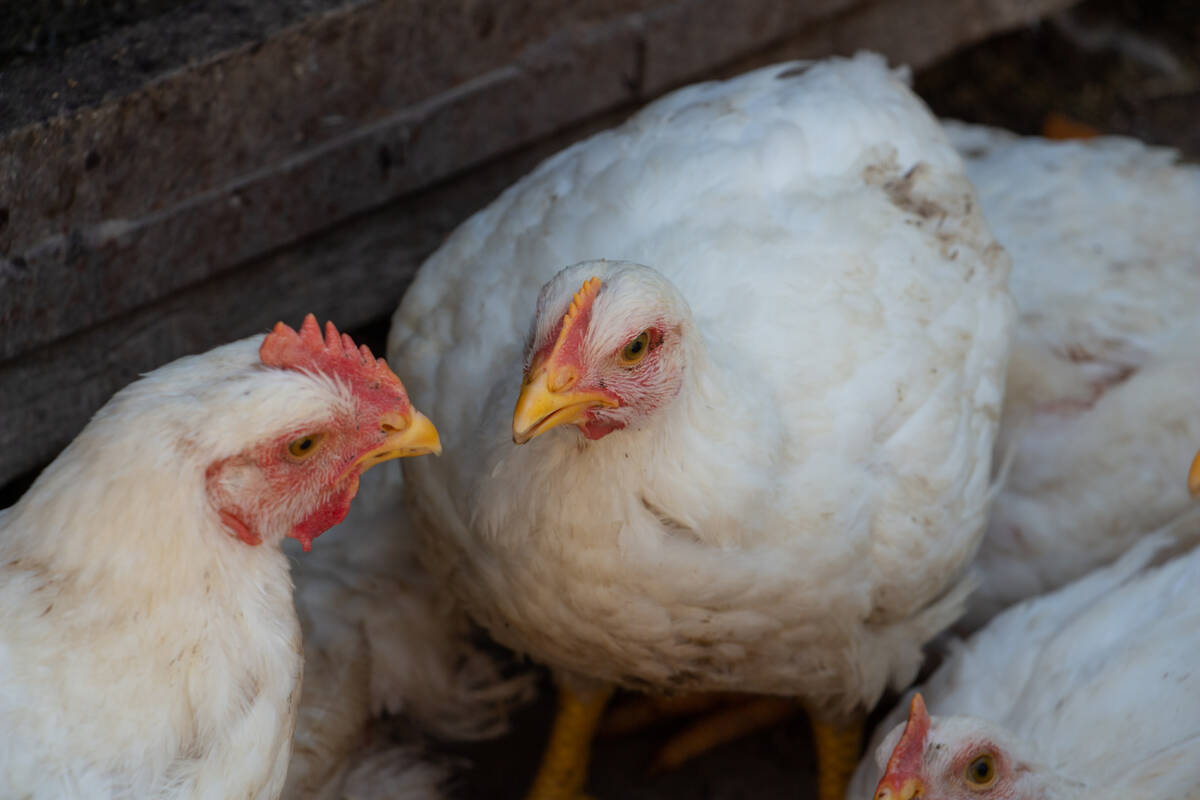
Chicken, eggs benefit from demand for economical protein
Strong demand for protein and status as an economical alternative to beef bodes well for chicken and egg demand in 2026 according to recent analysis from Farm Credit Canada.
“These compartments are established prior to an outbreak and are intended to allow for the export of products even if they were to originate from within an infected zone,” says the CFIA news release announcing the release of the Standards and Framework.
After CFIA called for responses to the idea of compartmentalization, farmers and industry expressed broad support for the idea of a pre-planned response to any ASF outbreak.
However, many were alarmed by the suspicion that government was attempting to dump ASF response responsibility onto farmers and industry. Others were concerned that compartmentalization within regions would undermine attempts to get regionalization accepted by trading partners.
After receiving the responses, CFIA said the worries about downloading responsibilities or undermining regionalization were a “misunderstanding” of the plan’s intentions and that “the compartment program is not part of nor does it replace the regulatory actions that the CFIA may use in response to ASF. Rather, it is an additional tool that industry may decide to implement, which could support business continuity during an outbreak.”
With the Standards and Framework released, the ball is now in the Canadian Pork Council’s court, with farmers soon likely to see the practical steps they will need to take if they want to end up in a compartment.
ASF has never been found in Canada and is not known to pose any human health or food safety risk. It causes fever, internal bleeding and high death rates in infected hog herds, with some strains killing almost 100 per cent of infected pigs. The virus has no vaccines or treatments.
The virus began to spread outside Africa into central Asia in 2007, leading to major outbreaks in China’s domestic hog herd starting in 2018, and has since also reached several European countries via wild pigs.
— Ed White reports for the Winnipeg bureau of the Western Producer.




